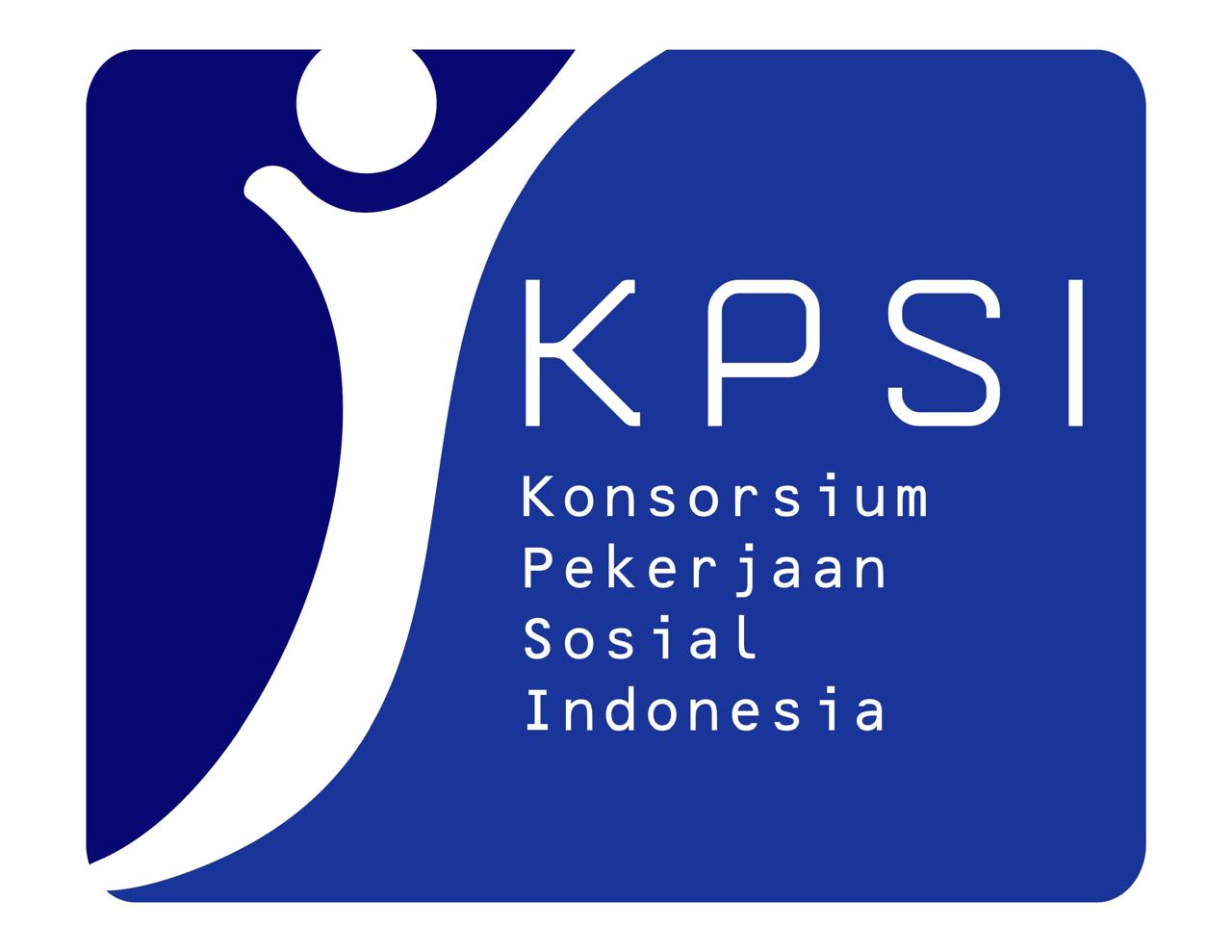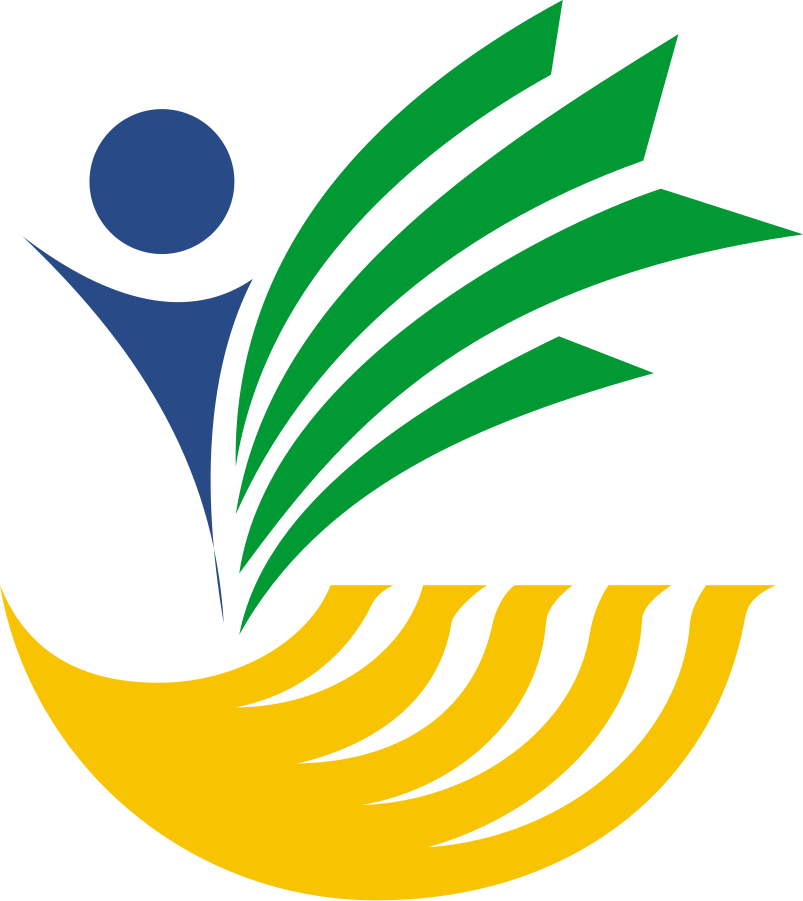Factors Affecting the Prevalence of Online Sexual Abuse and Exploitation of Children in Camarines Sur, Bicol Region, Philippines
DOI:
https://doi.org/10.58671/aswj.v11i02.37Keywords:
Online sexual abuse of children, family factors, community factors, community perspectives, child protectionAbstract
The culture within the family and community generally affects people's attitudes and acceptance towards using available technology. Alternately, technology can also influence the culture and social behaviors of people. This study aimed to discuss the family and community factors and their unintentional contribution to the prevalence of Online Sexual Abuse and Exploitation of Children (OSAEC) and explore the community's perspectives of OSAEC. Utilizing a qualitative approach, it employed focus group discussions and interviews to obtain relevant data and insights from the participants. Based on thematic analysis, family factors include (1) unsupervised access to the internet and gadgets, (2) children disregarding their parents' reminders on gadget usage, and (3) parents' lack of knowledge on the use of phones and the internet. In terms of community factors, (1) poor socioeconomic conditions, (2) limited community initiatives to capacitate parents on online media risks and OSAEC, and (3) limited knowledge of emerging child protection issues may have contributed to OSAEC cases. Furthermore, the study found that community members view OSAEC as a cybercrime involving showing and sending obscene pictures, texts, or videos without physical contact. Given the findings, establishing appropriate mechanisms for responsible online use and online behavior is vital to ensure proactiveness in protecting children against abuse and exploitation at family and community levels
References
Ali, S., Elgharabawy, M., Duchaussoy, Q., Mannan, M., & Youssef, A. M. (2020). Betrayed by the Guardian: Security and Privacy Risks of Parental Control Solutions. ArXiv (Cornell University). https://doi.org/10.1145/3427228.3427287
Aritao, B. L. P. E., & Pangilinan, J. S. B. (2018). Online Sexual Exploitation of Children: Applicable Laws, Casework Perspectives, and Recommendations. Ateneo L.J., 63, 185.
Australian Centre to Counter Child Exploitation. (n.d.). What is online child sexual exploitation? Australian Centre to Counter Child Exploitation. https://www.accce.gov.au/help-and-support/what-is-online-child-exploitation
Auxier, B., Anderson, M., Perrin, A., & Turner, E. (2020). Parents’ attitudes and experiences related to digital technology. Pew Research Center. https://www.pewresearch.org/internet/2020/07/28/parents-attitudes-and-experiences-related-to-digital-technology/
Blynzyuk, T. (2020). Unsupervised Used of Gadget as a Cause of Cyberbullying Among Primary School Children. Journal of Vasyl Stefanyk Precarpanthian National University, 7(1), 48–56. https://doi.org/10.15330/jpnu.7.1.48-56
Cornish, L. S. (2014). ‘Mum, can I play on the internet?’ International Journal of Advertising, 33(3), 437–473. https://doi.org/10.2501/ija-33-3-437-473
Dela Rosa, M. T. C., Lopez, S. R., & Manapol, M. L. (2023). Experiences of Female Adolescent on Online Sexual Abuse and Exploitation of Children During Community Quarantine in Davao City, Philippines. Asean Social Work Journal, 74-91. https://doi.org/10.58671/aswj.v11i1.46
Desolo – Tatel, L. M. (2021). OSAEC Situationer in Bicol [In person]. Legazpi City.
Divina Law. (n.d.). Protecting youth against online sexual exploitation. Divina Law. https://www.divinalaw.com/dose-of-law/protecting-youth-against-online-sexual-exploitation/
Enano, J. O., Tan, R., & Cabato, R. (2022, September 26). As disaster hits the Philippines again, a farmer’s sorrow reveals the stakes. Washington Post. https://washingtonpost.com/world/2022/09/26/philippines-noru-karding-typhoon-climate/
Hamilton, D. C., Anderson, K., Barnes, R., Dunaiski, M., & Henderson, S. (2018). Situational Analysis of Children in the Philippines. Coram International. Commissioned by United Nations Children’s Fund. https://www.unicef.org/philippines/media/976/file/Situation%20Analysis%20of%20Children%20in%20the%20Philippines%20-%20Full%20Report%20(unedited).pdf
Hernandez, S. C., Lacsina, A. C., Ylade, M. C., Aldaba, J., Lam, H. Y., Estacio, Jr., L. R., & Lopez, A. L. (2018). Sexual Exploitation and Abuse of Children in the Philippines: A Review of Online News and Articles. Acta Medica Philippina, 52(4). https://doi.org/10.47895/amp.v52i4.353
Hidayati, N. E., Nugroho, F., & Asih, S. R. (2022). Methodological and Ethical Considerations in Research Involving Adult Survivors of Childhood Sexual Abuse: A Reflection. ASEAN Social Work Journal, 47-58. https://doi.org/10.58671/aswj.v10i1.14
Hill, B. (2017). Parents perceptions of the internet and its effects on their children. https://scholar.utc.edu/cgi/viewcontent.cgi?article=1102&context=honors-theses
IPLeaders. (2021). All you need to know about cybercrime prevention act in the Philippines. IPLeaders. https://blog.ipleaders.in/all-you-need-to-know-about-the-cybercrime-prevention-act-in-the-philippines/
International Justice Mission. (2020). Behind the screens: A compilation of case studies and learnings about the online sexual exploitation of children. https://osec.ijm.org/documents/11/Behind_the_Screens_Fullspread_FINAL_Nov14.2020.pdf
International Justice Mission, U.S. Department of State Office to Monitor and Combat Trafficking in Persons, Philippine Inter-Agency Council Against Trafficking, Department of Justice Philippines, Philippine National Police Women and Children Protection Center Philippines, National Bureau of Investigation – Anti-Human Trafficking Division Philippines, National Center for Missing and Exploited Children – Unites States, National Crime Agency – United Kingdom, The National Child Exploitation Crime Center – Canada, Federal Bureau of Investigation – United States, & Nordic Liaison Office for Police and Customs Cooperation – Norway, Sweden, Denmark, Finland and Iceland. (2020). Online Sexual Exploitation of Children in the Philippines: Analysis and Recommendations for Governments, Industry, and Civil Society. https://ijmstoragelive.blob.core.windows.net/ijmna/documents/Final_OSEC-Public-Summary_05_20_2020.pdf?mtime=20210203040555&focal=none
Karaer, Y., & Akdemir, D. (2019). Parenting styles, perceived social support and emotion regulation in adolescents with internet addiction. Comprehensive Psychiatry, 92, 22–27. https://doi.org/10.1016/j.comppsych.2019.03.003
Johnson, J. (2021). Internet Users in the World 2021. Statista. Retrieved October 24, 2021, from https://www.statista.com/statistics/617136/digital-population-worldwide/.
Lenhart, A. Madden, M. Smith, A. Purcell, K., and Zickuhr, K. (2011). The role of parents in digital safekeeping and advice-giving. Pew Research Center. https://www.pewresearch.org/internet/2011/11/09/part-4-the-role-of-parents-in-digital-safekeeping-and-advice-giving/
Maguire-Jack, K., & Font, S. A. (2017). Community and Individual Risk Factors for Physical Child Abuse and Child Neglect: Variations by Poverty Status. Child Maltreat, 22(3), 215–226. https://doi.org/10.1177/1077559517711806
Malig, K. (2022). What you need to know about online sexual abuse and exploitation of children in the Philippines. GMA News Online. https://www.gmanetwork.com/news/lifestyle/familyandrelationships/821690/what-you-need-to-know-about-online-sexual-abuse-and-exploitation-of-children-in-the-phil/story/
Mustaine, E. E., Tewksbury, R., Huff-Corzine, L., Corzine, J., & Marshall, H. (2014). Community characteristics and child sexual assault: Social disorganization and age. Journal of Criminal Justice, 42(2), 173–183. https://doi.org/10.1016/j.jcrimjus.2013.06/016
Office of the High Commissioner on Human Rights. (2002. Optional protocol to the convention on the rights of the child on the sale of children, child prostitution, and child pornography. United Nations. https://www.ohchr.org/en/instruments-mechanisms/instruments/optional-protocol-convention-rights-child-sale-children-child
Park, J. Y., & Park, M. (2021). Smartphone use patterns and problematic smartphone use among preschool children. PLOS ONE, 16(3), e0244276. https://doi.org/10.1371/journal.pone.0244276
Pew Research Center. (2020). Parenting children in the age of screens. https://www.pewresearch.org/internet/2020/07/28/parents-attitudes-and-experiences-related-to-digital-technology/
Ramiro, L. S., Martinez, A. B., Tan, J. R. D., Mariano, K., Miranda, G. M. J., & Bautista, G. (2019). Online child sexual exploitation and abuse: A community diagnosis using the social norms theory. Child Abuse & Neglect, 96, 104080. https://doi.org/10.1016/j.chiabu.2019.104080
Roche, S. & Flynn, C. (2021). Local Child Protection in the Philippines: A case study of actors, process, and key risks for children. Asia and the Pacific Policy Studies. Wiley Online Library. https://onlinelibrary.wiley.com/doi/full/10.1002/app5.332
Shafe, S., & Hutchinson, G. (2014). Continuous Influence of Cultural Practices and Sexual Abuse: A Review. West Indian Medical Journal. https://doi.org/10.7727/wimj.2013.246.
Slavtcheva-Petkova, V., Nash, V., & Bulger, M. (2015). Evidence on the Extent of Harms Experienced by Children as a Result of Online Risks: Implications for Policy and Research. Information & Society, 18(1), 48-62.
Statista Research Department. (2021). Number of internet users Philippines 2017-2026. https://www.statista.com/statistics/221179/internet-users-philippines/
Tarroja, M. C. H., Lapena, M. A. G., Ong, E. C., Resurreccion, R. R., & Roldan, M. D. G. Z. (2020). National Study on Online Sexual Abuse and Exploitation of Children in the Philippines: A Qualitative Study with Key Findings and Recommendations on How to Protect Children and Address OSAEC in the Philippines. In https://www.unicef.org/philippines/reports/national-study-on-online-sexual-abuse-and-exploitation-children-philippines. UNICEF Philippines. Retrieved December 14, 2022, from https://www.unicef.org/philippines/media/2711/file/UNIPH-2021-NationalStudyOSAEC-FullReport.pdf
Taylor, V. (2013, June 27). 58% of U.S. Parents Admit to Using Gadgets to Babysit Their Kids. New York Daily News, pp. 1–2. https://www.nydailynews.com/life-style/58-parents-gadgets-babysit-kids-study-article-1.1383009
UNICEF Philippines. (2020). National study on online sexual abuse and exploitation of children in the Philippines: Final report. https://www.unicef.org/philippines/media/2711/file/UNIPH-2021-NationalStudyOSAEC-FullReport.pdf
United Nations International Children's Emergency Fund. (n. d.) Sexual abuse and exploitation of children through the Internet and other information and communication technologies. https://www.unicef-irc.org/research/sexual-abuse-and-exploitation-of-children-through-the-internet-and-other-information/
United Nations Office on Drugs and Crime. (2015). Study of the effects of new information technologies on the abuse and exploitation of children. https://www.unodc.org/documents/Cybercrime/Study_on_the_Effects.pdf
US Centers for Disease Control and Prevention [US CDC]. (2022, April 22). Risk and Protective Factors. Violence Prevention. Retrieved August 15, 2022, from https://www.cdc.gov/violenceprevention/childabuseandneglect/riskprotectivefactors.html
Zhao, S. (2006). The Internet and the Transformation of the Reality of Everyday Life: Toward a New Analytic Stance in Sociology. Sociological Inquiry, 76(4), 458–474. https://doi.org/10.1111/j.1475-682X.2006.00166.x
Downloads
Published
How to Cite
Issue
Section
License
Copyright (c) 2023 Ma. Vida Teresa Sales, Angelo Uclaray, Russ Daniel Baldoza, Joselynn Niñofranco, Cherry Dycoco, Tania Añonuevo, Myrna Pereyra

This work is licensed under a Creative Commons Attribution-NonCommercial-ShareAlike 4.0 International License.
































